Search Engine Optimization
Search engine optimization
SEO is one of the top buzzwords in the online marketing world. But what does it mean, how is it done, and how much difference does it make? The answer is multi-leveled and has undoubtedly changed over time (maybe even since this post was written). To keep this easy to understand and relevant for longer, I will talk about principles and best practices. Keep these concepts in mind to establish a better relationship with all search engines and maybe even your website visitors (it certainly can’t hurt). This post applies to Google Search, Bing, and other current and future search engines.
Most business owners wish for a “magic bullet” SEO approach that will guarantee higher rankings, more traffic, higher sales, and a golden pony (sorry, I just had to throw that in). The truth is, there isn’t a single, easy trick for search engine success today. Search engines have gotten smart, know how to spot trickery, and use increasingly advanced methods to rank websites.
My first recommendation is to resist the urge to get cute and try every old-school method and Reddit trick to increase rank. At a party of strangers, you can’t slap everyone and expect to instantly be best friends. The same is true of search engines. There is a courtship phase of sorts. The search engine has to decide if you’re the real deal or just artificially trying to get attention.
The key is consistency and relevancy. Provide real, unique content on your website. Focus on your visitor, not the search engine. Search engines want to provide the most relevant results for every search. To do so, they increasingly see websites from a visitor’s perspective. If it’s good for the visitor, it’s probably good for the ranking too. You can’t be all things to all people. Focus on your niche, and provide unique content and an easy user experience. This allows you to provide real value to customers and tips the search engine that you’re an expert in this niche. Your focus could be a product or service, industry in a service area, specialization, etc. Find something that makes you notable among the competition and support this unique value proposition on every page of your site.
Also, think about your domain name (example.com). The best practice is to keep it short, relevant, and memorable. For SEO purposes, it helps to include keywords in the domain name. These can be your business/organization name or other important keywords. So if your business name is Brex Medical in Omaha, NE, a good domain name might be brexmedical.com or brexmedicalomaha.com. Search engines assign significant weight to the domain name, so including important search terms can be beneficial.
Make your website accessible. Don’t include uncompressed images or fancy code-heavy effects (or gasp, ANY Adobe Flash). This not only causes your website to load slowly but will also penalize your search ranking. Ensure your website loads quickly, fully supports mobile devices, is easy to navigate, minimizes the number of clicks required to find information, and supports users with disabilities. I don’t have time to go through all of these today, but this should give you an idea. Use a good,
modern website platform, fill out all image alt tags, and generally look at the site through your visitor’s eyes to provide the best possible experience.
Then, ensure your website employs current technology, web standards, and security practices. Think of a website like a living, changing being. It needs to adapt to new standards, best practices, and security vulnerabilities. Make sure updates and plugins are up-to-date. If your site is older, your entire site may be due a refresh. Audit your plugins and services. Are they also adapting to the times and still the best choice for your business? Does your site natively support mobile devices? This is a big one. Search engines will punish your rankings if you aren’t optimized for mobile. Your site should also be secured with SSL encryption. SSL ensures that the visitor’s connection to your website is secure and cannot be intercepted by third parties.
Have you thought about starting a blog? I know it takes your valuable time, and you may not consider yourself a writer. The benefits abound, though. Not only does a blog engage with your visitors and provide helpful information—it will also improve your SEO ranking by providing rich and fresh content to the index. Well-written and targeted blog posts can serve as an excellent source of search engine traffic.
SEO also transcends your website. Do other sites consider you trustworthy and valuable? Search engines scour links across the web. Does an established and highly-ranked site link to yours? Search engines consider this an endorsement for your website. Having high-quality “backlinks” to your website can significantly impact your ranking. Don’t try to cheat the system, though. Having backlinks from only spammy or illegitimate websites won’t help your cause (it may hurt). Focus on quality, perhaps niche, content on your site that would encourage links. Other ideas for encouraging quality backlinks may include: guest writing articles, providing something valuable to web influencers, sending newsworthy information to local media, sponsorships, trades, etc. There are many creative ways to go about this. Just make sure it is legitimate and provides value for both sides.
We have only touched the tip of the iceberg. SEO is complex and ever-changing. I hope this helps demystify the process or provides actionable steps to improve your website rankings. Don’t be afraid to contact me at
mitch@huntrex.com with any questions or for recommendations. Enjoy the ride!











